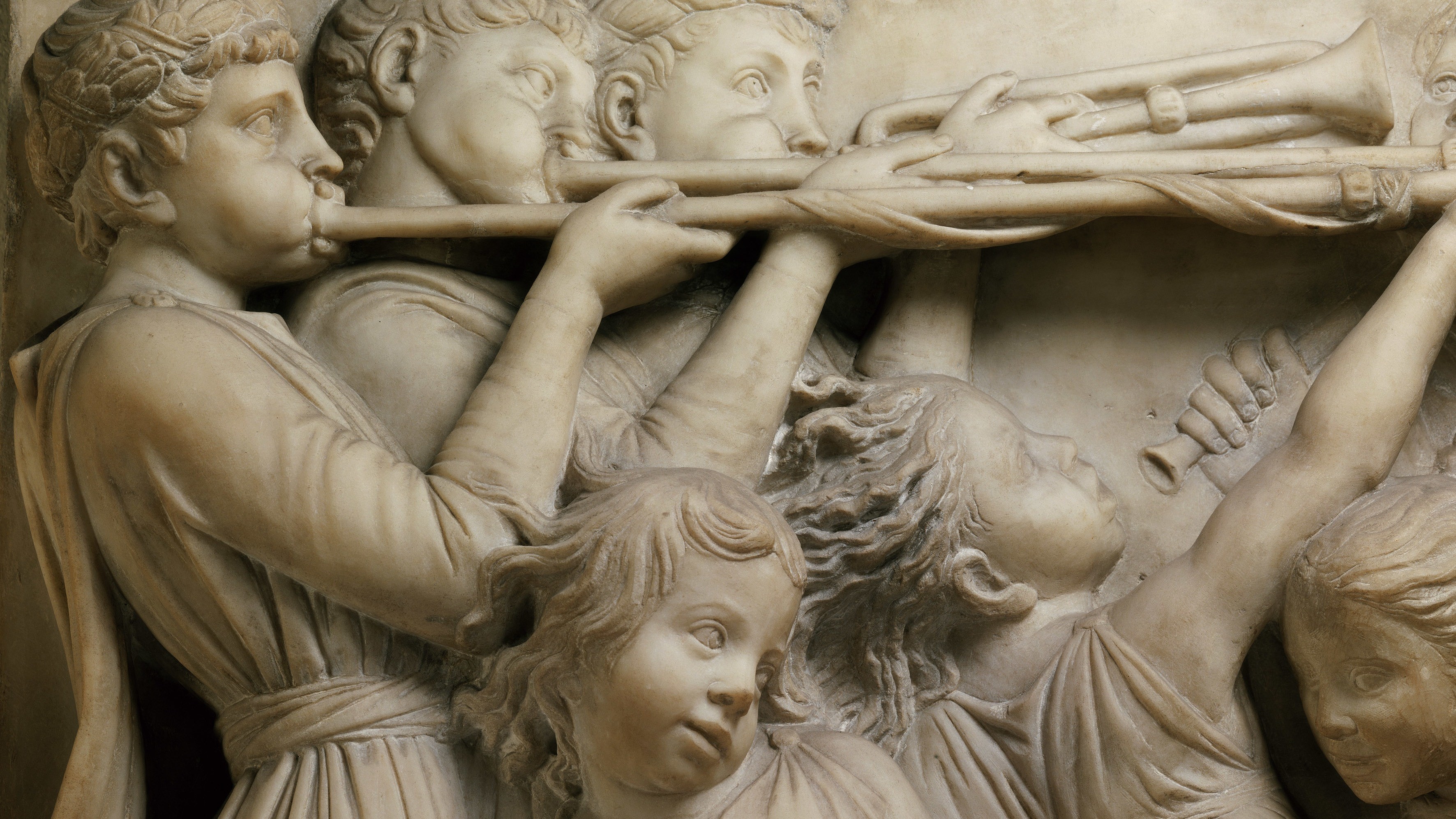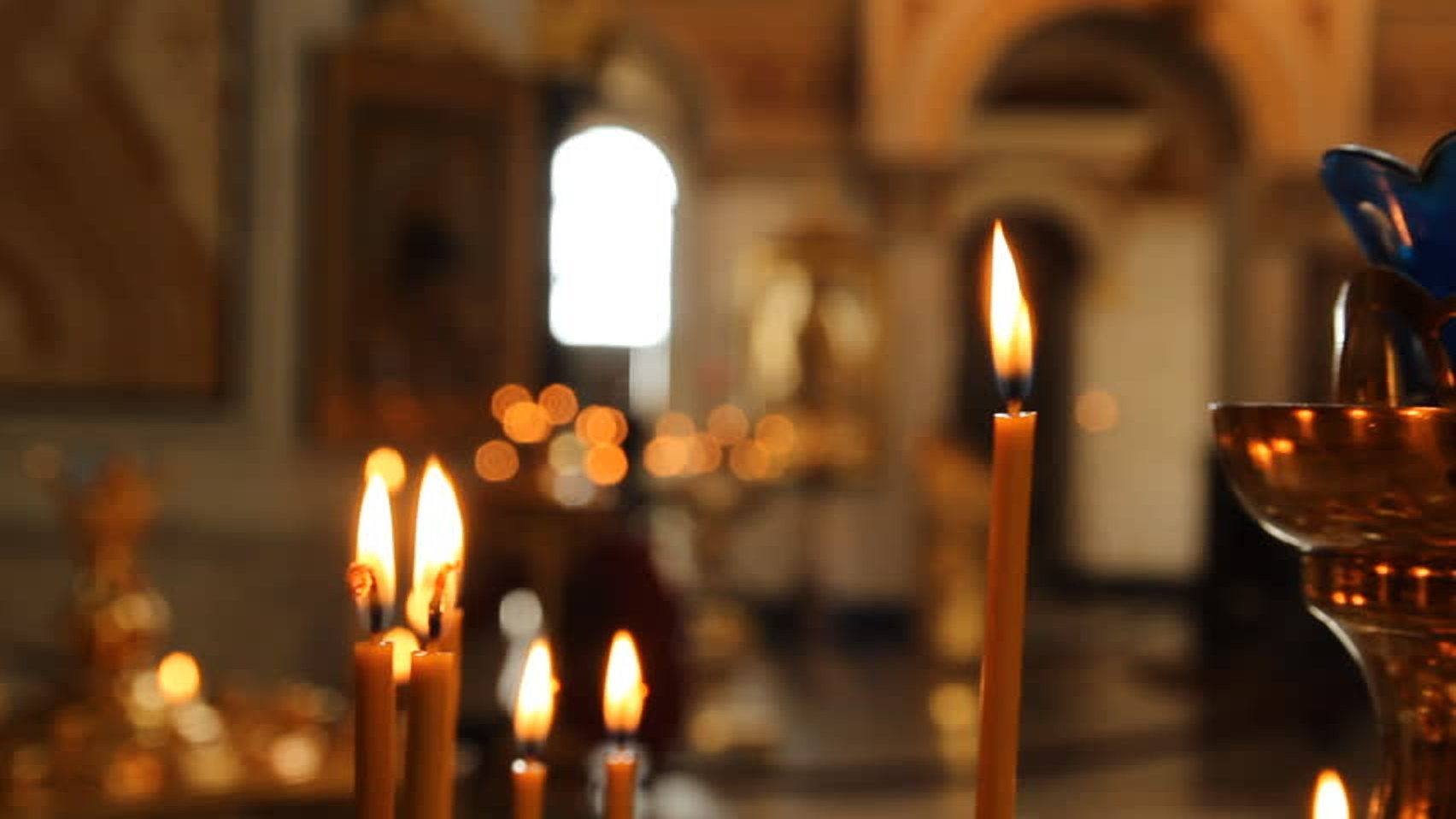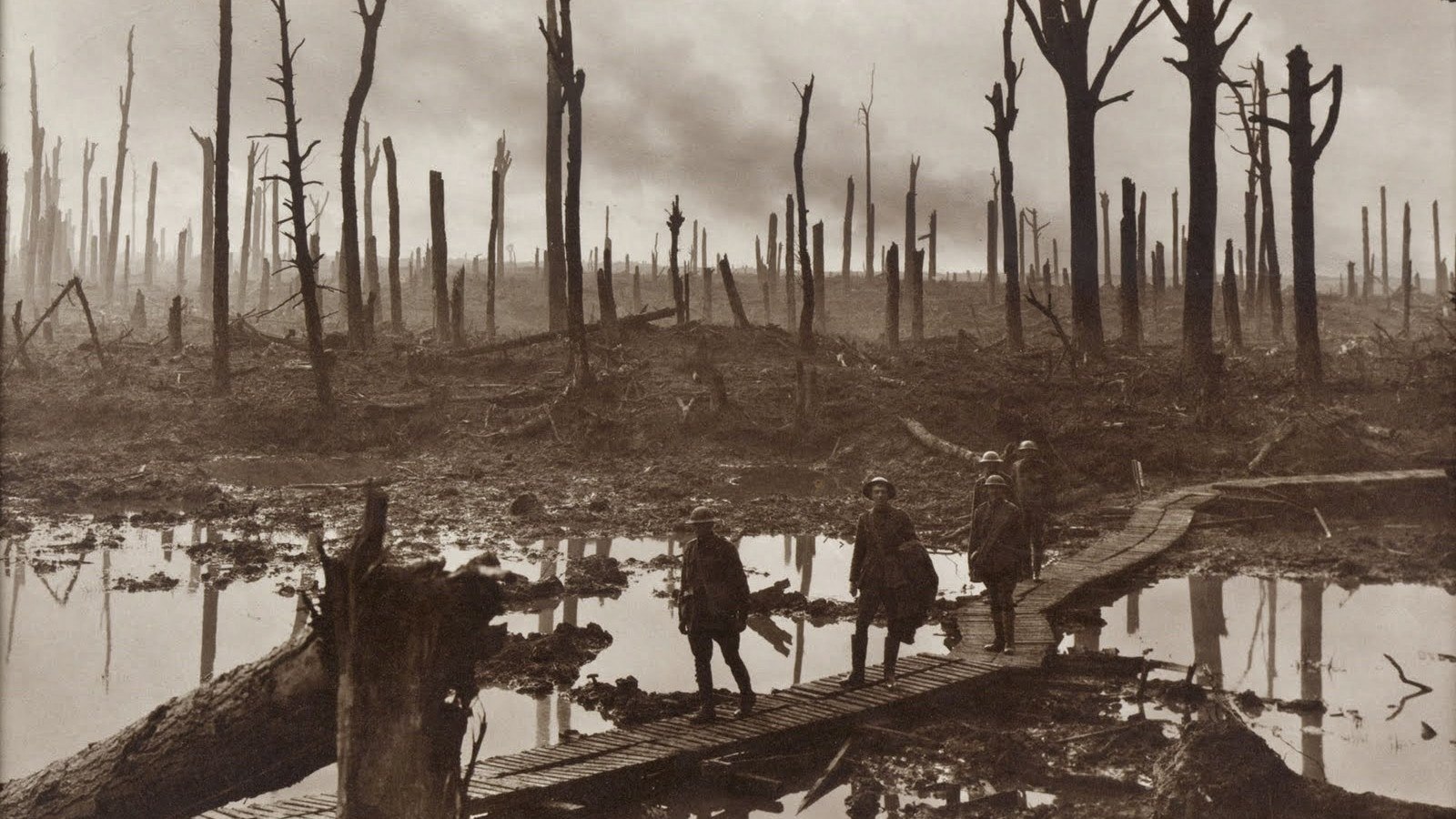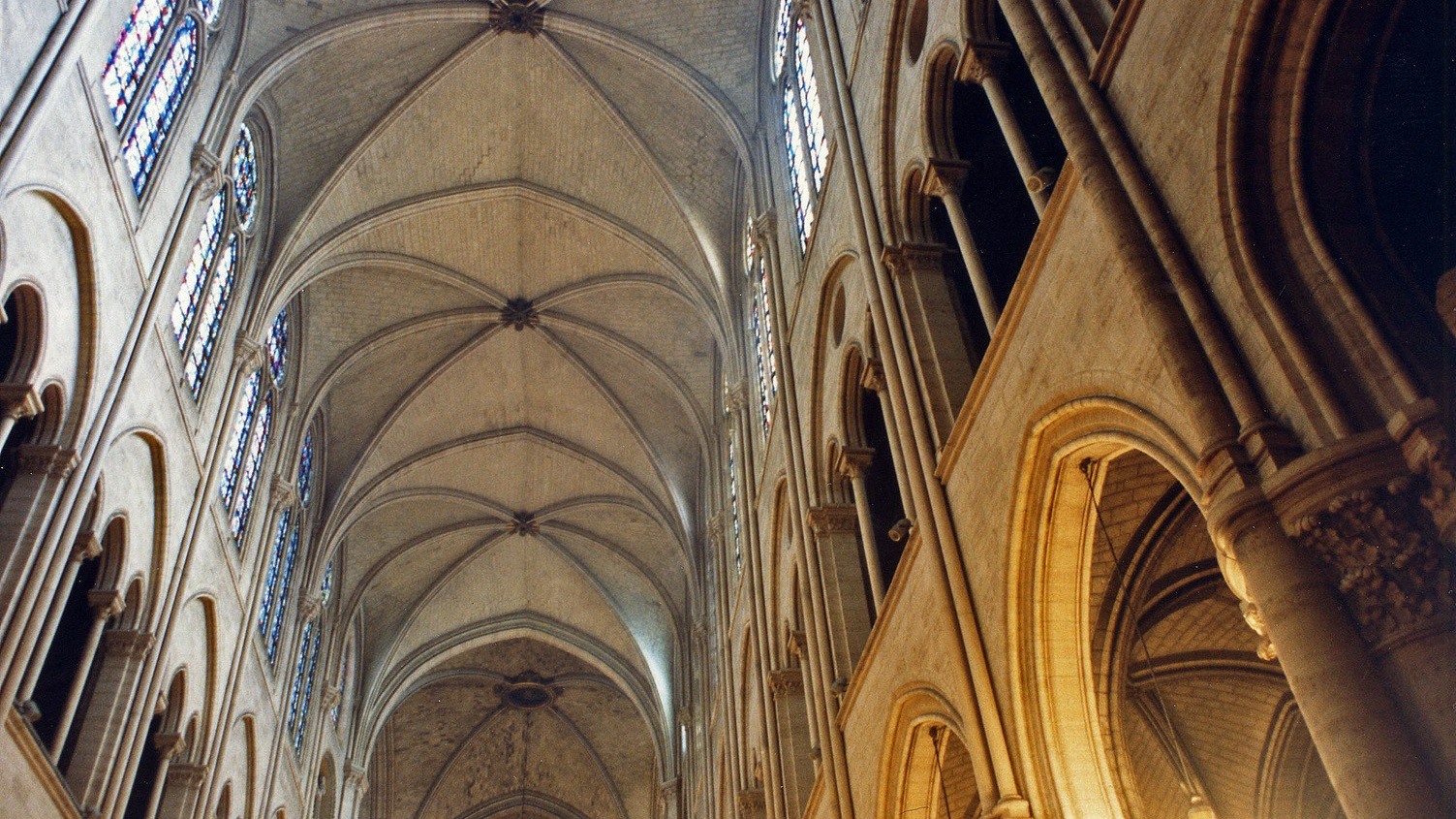Joyful Sounds of Praise: Five Musical Settings of Psalm 150
Today marks the 1,000th post of The Listeners’ Club. In celebration of this milestone, I want to thank our growing community of readers and subscribers, and all who take time to comment and share this incredible music with friends. Praise God in His sanctuary; praise Him in the firmament of His power. Praise Him for His mighty acts; praise Him according to His abundant greatness. Praise Him with the blast of the …







